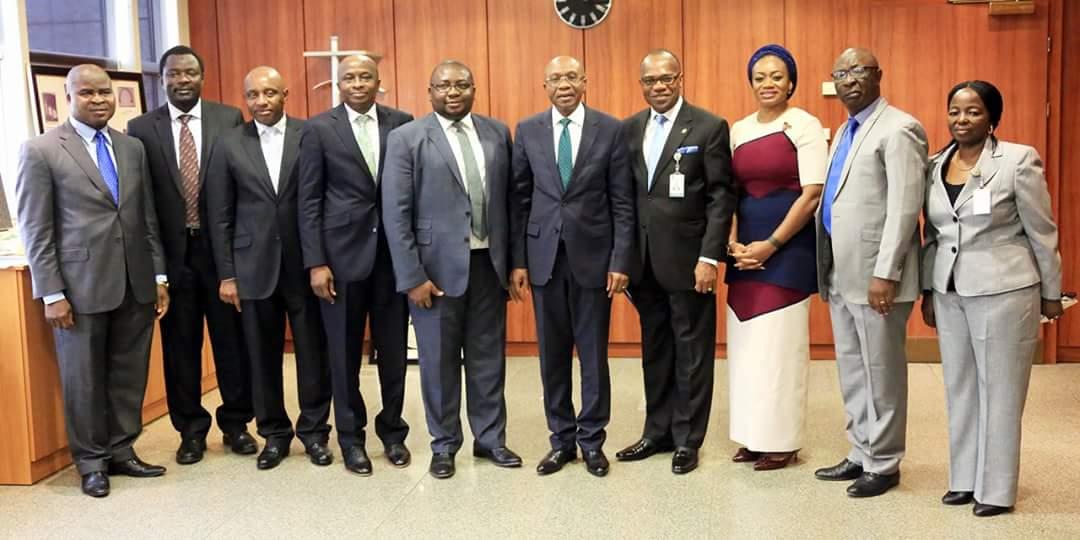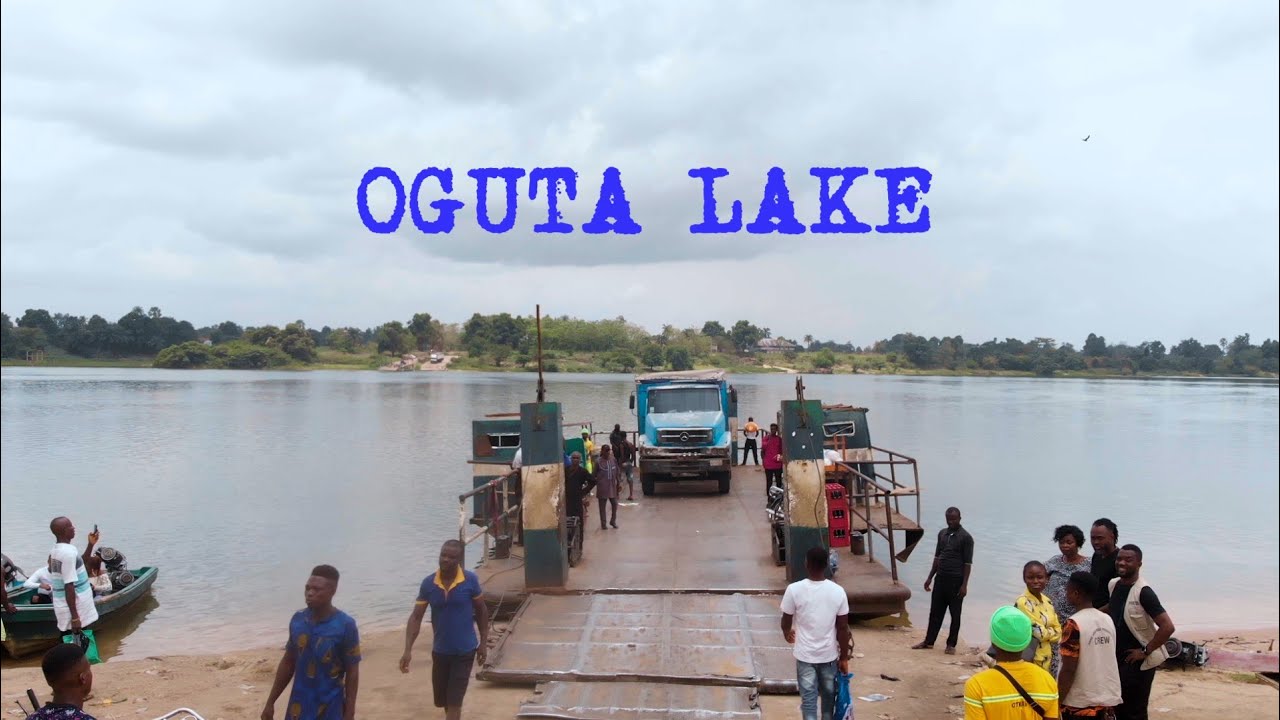Leading maritime lawyer and Principal Partner, Akabogu & Associates, Mr. Emeka Akabogu has weighed developments in the nation’s maritime industry in the last two year and described activities as flat-footed.
According to him, “No, there has been no difference. Absolutely no difference, it has been the same old thing unfortunately. I cannot see any indicator which shows that there is an improvement between 2015 and 2017”.
He said “If we are going by statistics, then if anything it has gone worst. If you look at the amount of cargo that came into the ports in the last two years compare to 2013 and 2015, you will see that there has been a significant fall. If you look at the revenue being generated by the agencies, you will see that there is also a drop.
“If you look at the level of efficiency across board, there is a deficit and areas where there would have been some improvements have been marred in conflicts. So across board, you will not be able to put your hand on anything which can indicate improvement in the indices for measuring efficiency of the maritime industry operations. Nothing at all, so my best review would be that things have remained the same.
Explaining more on the greatest challenge confronting implementation of the cabotage law 14 years after, Akabogu fingered lack of the political will and enforcement by relevant agencies especially Nigerian Maritime Administration and Safety Agency (NIMASA).
He said “Enforcement is for example, a ship comes into Nigeria waterways operating within cabotage defined area. It is not a Nigerian ship, it is granted a waiver to operate yet, it does not fall under the category of ships which should be granted waivers”.
“It is granted a waiver simply because from an enforcement point of view, the enforcers have been compromised. So as far as that is happening, you will find that cabotage will not work. And who enforces it? It is NIMASA.
“NIMASA has the enforcement officers and the executive powers on which to grant waivers. So the reason why cabotage has not worked is because NIMASA has been unwilling to enforce the latter of the law simply because they either have been compromised or have been lacking the political will to enforce the law. We don’t need any new law or additional money to enforce cabotage.
“All you need is to ensure that people obey the latter of the law. The enforcement officers whom they have across the zones should obey the latter of the law. When enforcement officers originally come with the strong intention and desire to obey and enforce the law but when they start getting signs from the management that such enforcement may be varied or waived in some cases, they too will begin to get themselves compromised and begin to look for ways to cut corners. So cabotage failure up till now is only at the doorstep of NIMASA. Incompetence and vested interest are two major reasons why NIMASA has not been enforcing cabotage.









